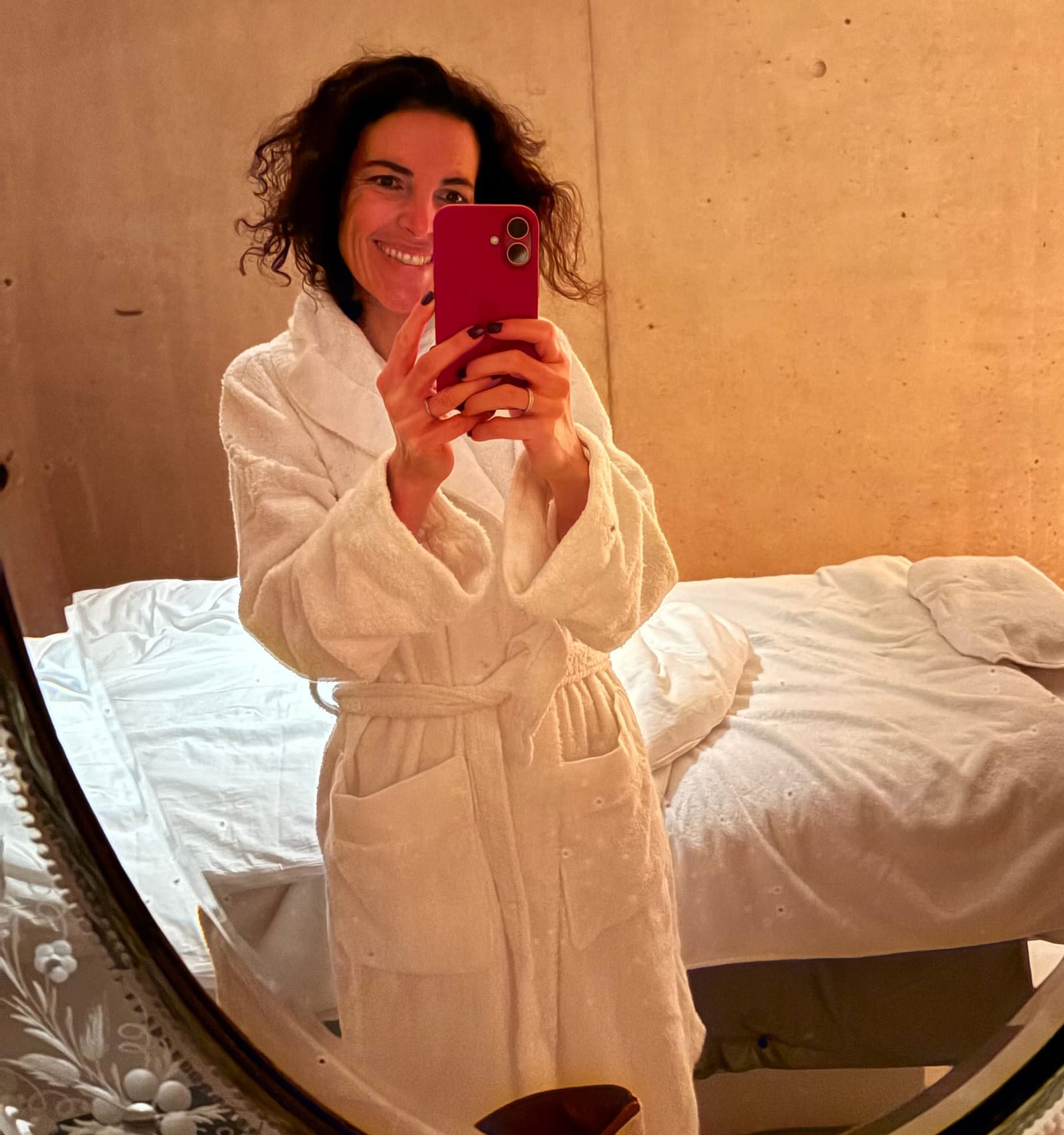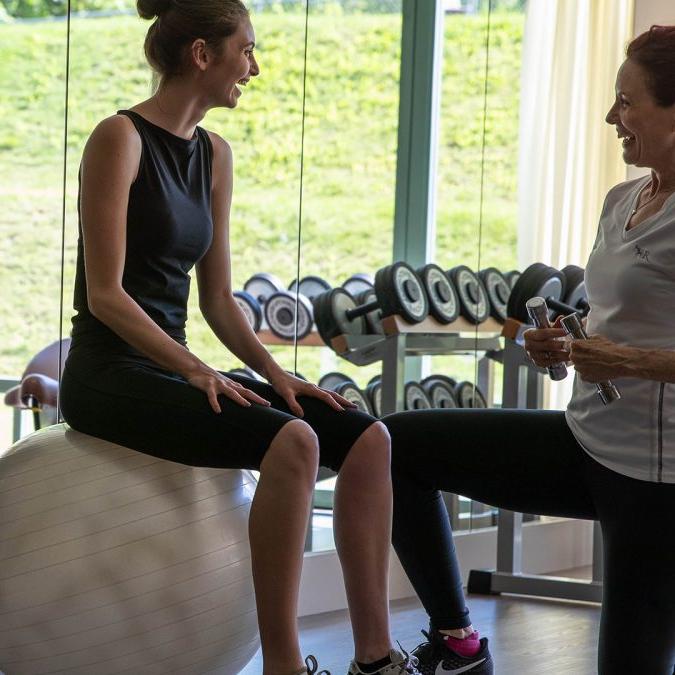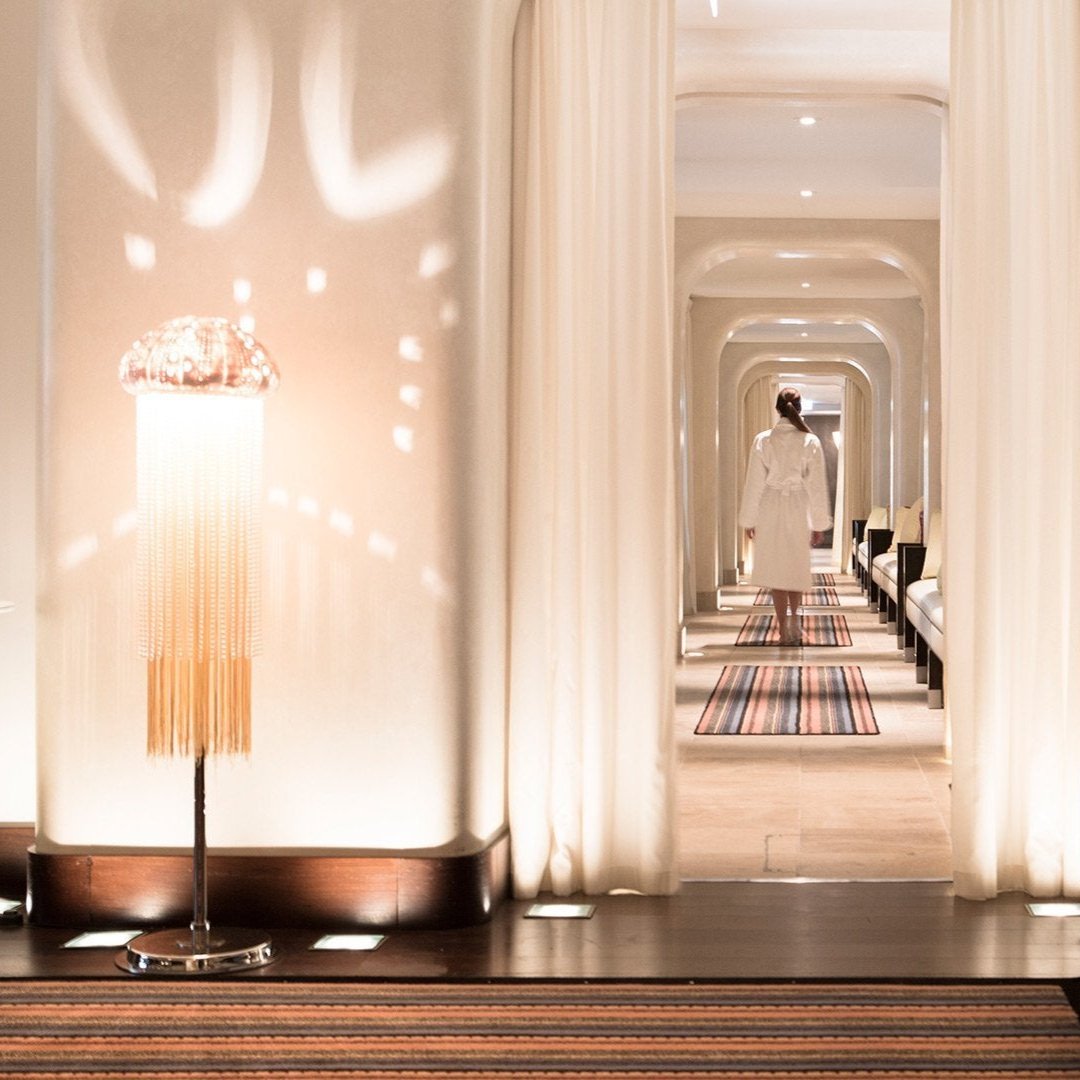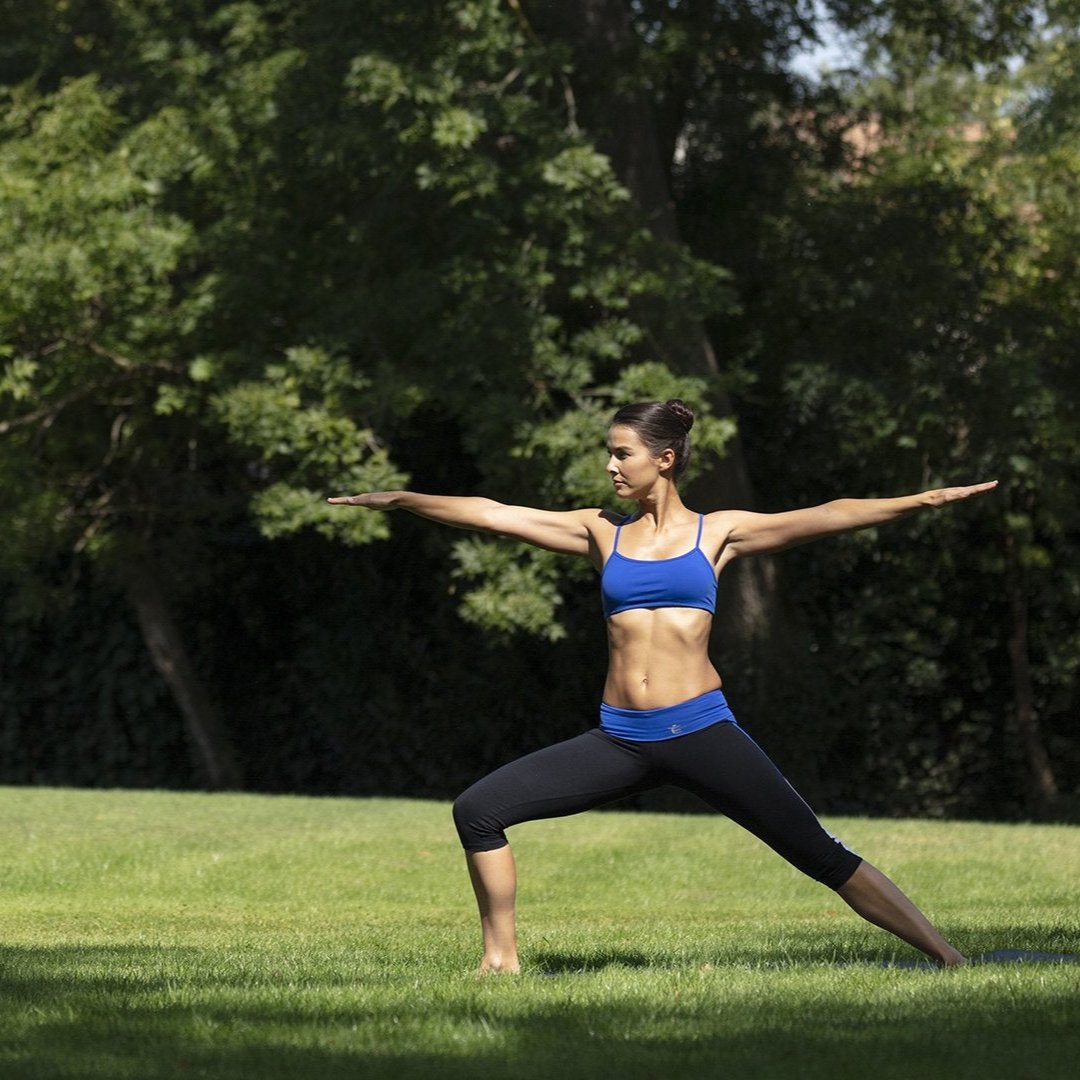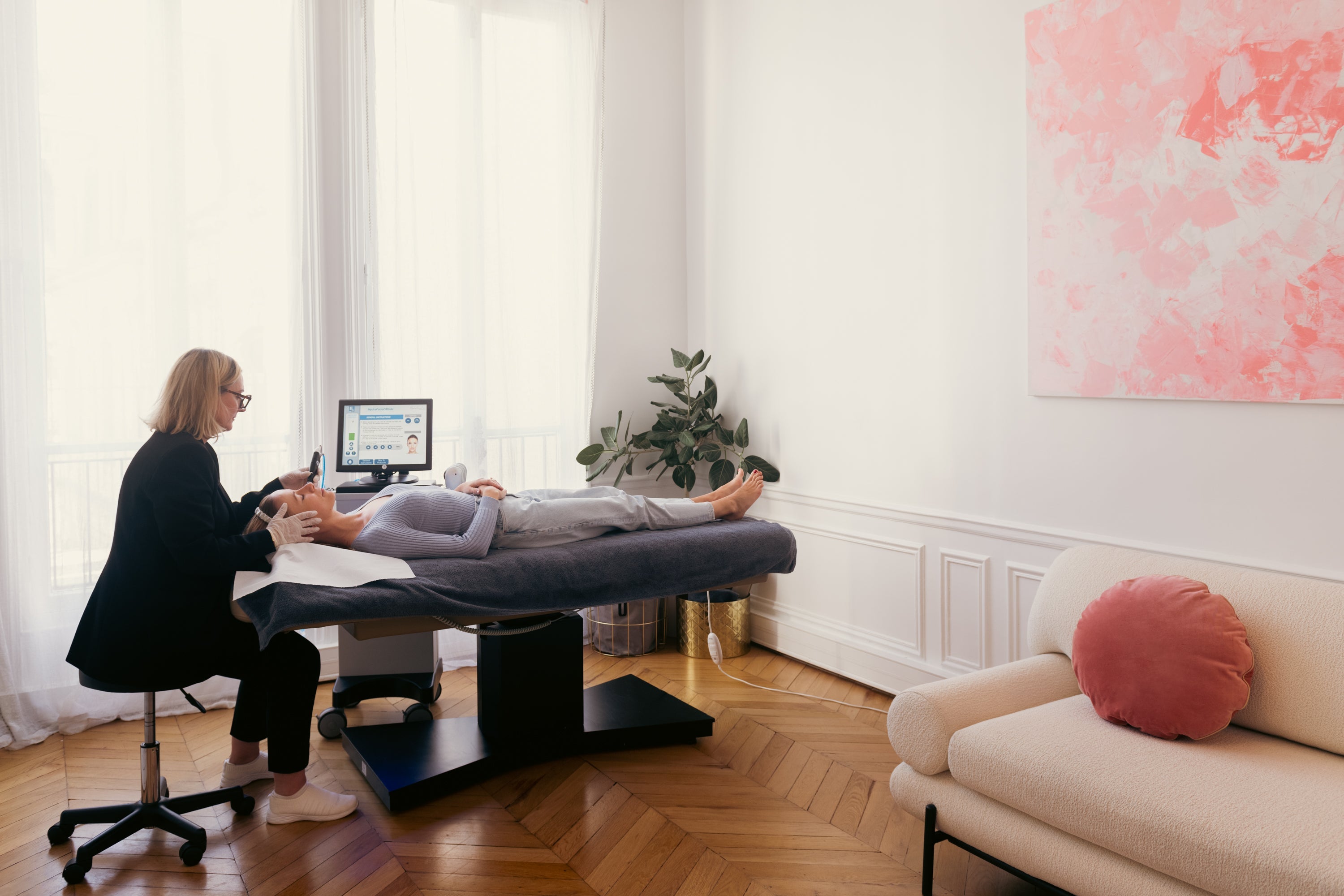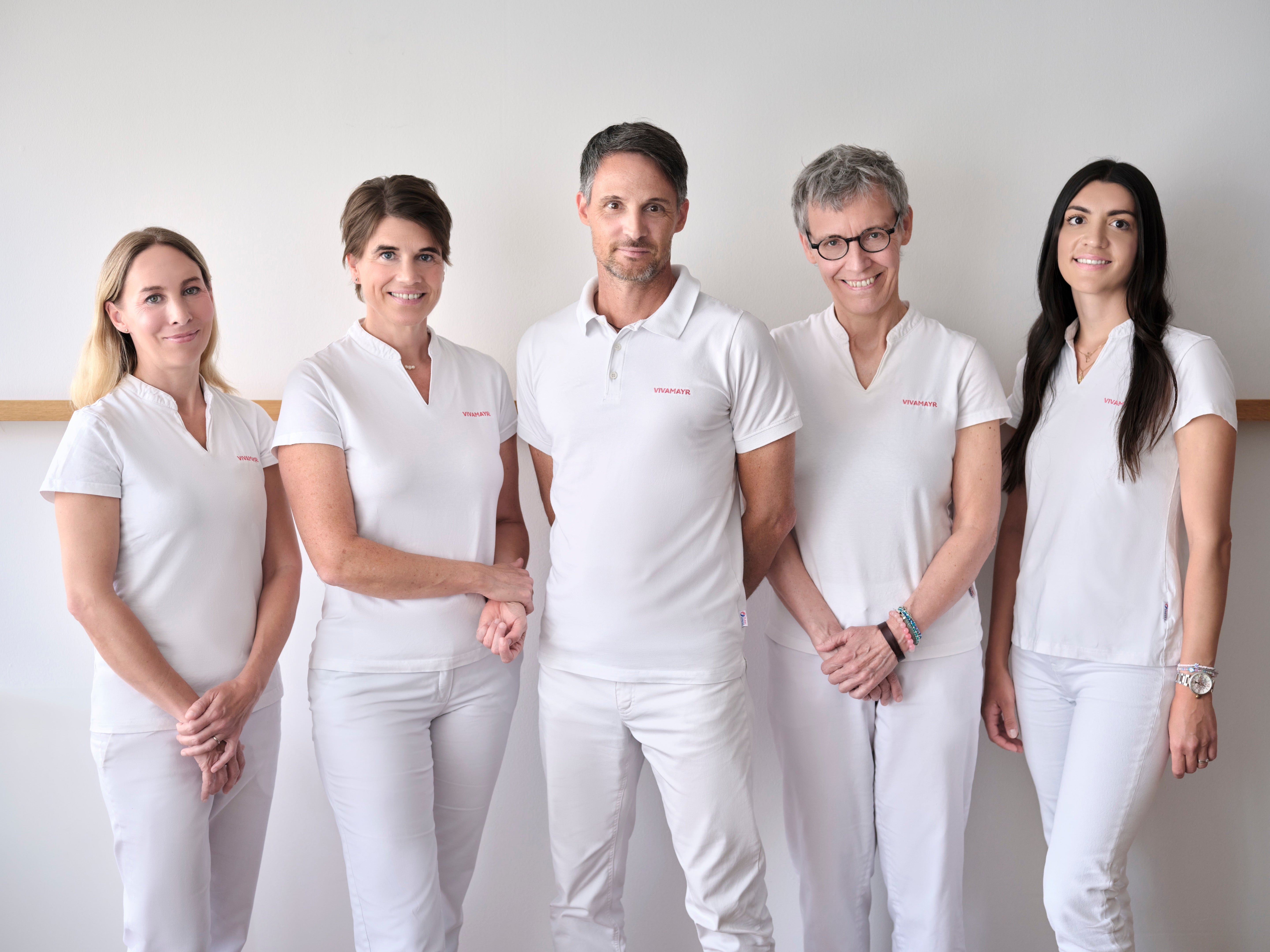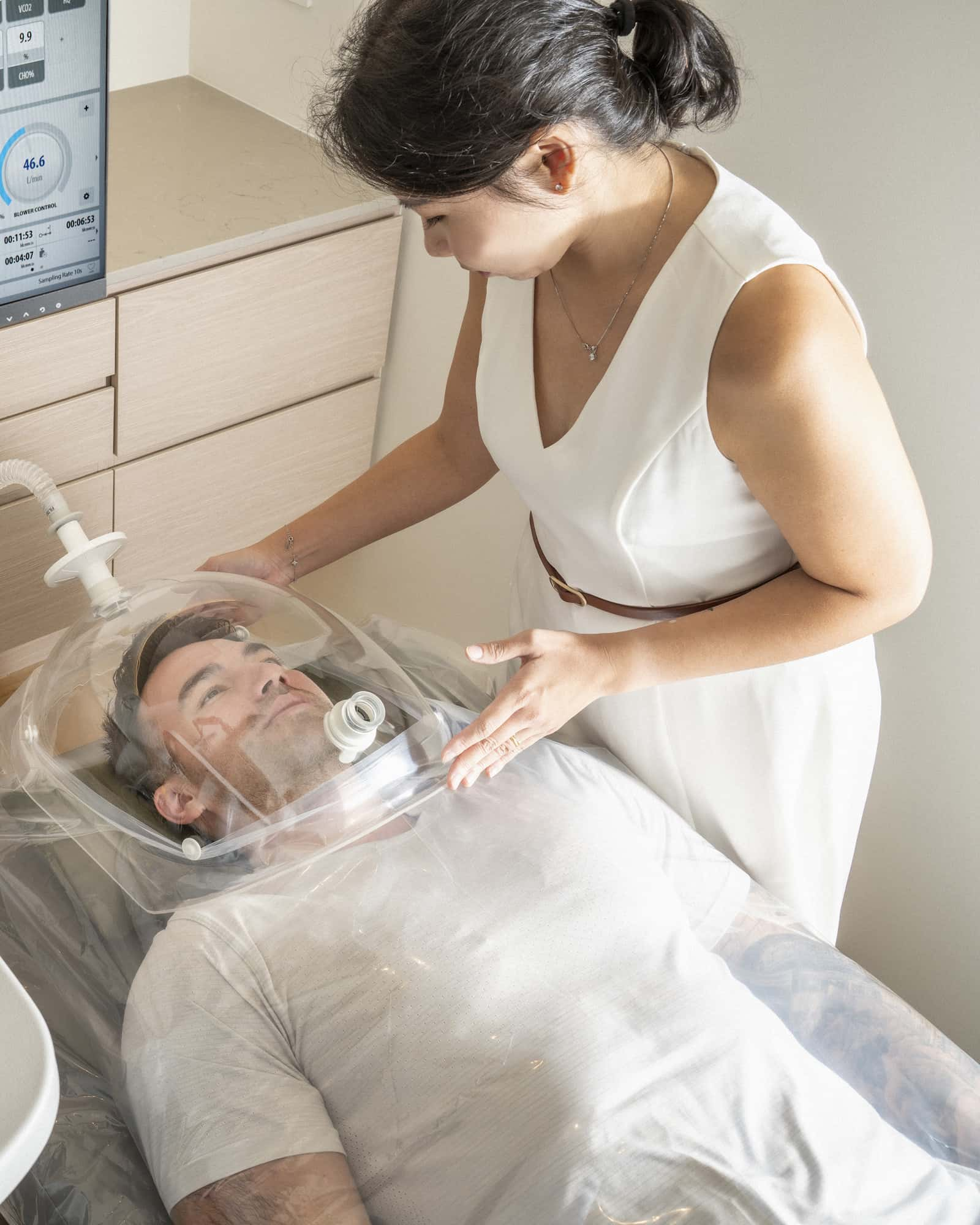What is Longevity Travel? And How is it Different from Health and Wellness Travel?
The concepts of longevity travel and health and wellness travel are often used interchangeably, but they represent distinct trends within the broader tourism industry. While both cater to high-end travelers looking to improve their well-being, the focus, methodologies, and long-term results they promise vary significantly. Understanding these differences is crucial for anyone interested in choosing the right program for their needs, which is our core expertise at Serenity Ways.
What is Longevity Travel?
Longevity travel is a specialized form of travel that focuses on scientifically supported interventions aimed at extending life expectancy and improving the quality of life in the long term: i.e. the health, autonomy and well-being of the patient. The long-term result is the main objective.
So, in essence, longevity travel goes beyond short-term well-being. It's not really about relaxation and superficial treatments, although most programs include protocols that "feel good" - the core of longevity is built around advanced medical services and evidence-based programs designed to slow the aging process and optimize long-term health.
Unlike more traditional wellness programs, which focus on short-term well-being, longevity travel is concerned with preventative care, regenerative medicine, and long-term biological optimization.
Common offerings in longevity programs include:
- Stem cell therapies
- Genetic testing
- Hormone replacement therapy
- Anti-aging treatments such as exosome therapy and NAD+ infusions
- Personalized longevity nutrition plans based on scientific research
These services are typically overseen by doctors specialized in longevity, and because longevity is still a science in the making, most of these doctors spend a good fraction of their time in longevity research facilities. Therefore, it is not a surprise that most of the best longevity clinics are near university hospitals or clinical research centres heavily invested in longevity.
Longevity research: a medical movement beyond wellness
The research in healthy longevity is an answer to deep and pressing economic and societal questions faced by a number of economies in the world. Decision-makers in countries like Singapore have understood the criticality of understanding the science behind healthy aging, or else face the economic consequences of providing curative care to the aging population.
In essence, longevity research is much-needed answer to the questions posed by the current global life-style where populations life longer, but not healthier, and hence require extensive curative care, for years. This equation represents an unbearable cost to the whole society.
Once this equation is understood, it becomes obvious why certain economies or countries are investing so heavily into longevity: they want to improve the economics at play when their own population grows older, replacing future costly curative treatments by cost-effective preventative care and regenerative medicine today.
Where is the most cutting-edge longevity science?
Switzerland is one of the countries with famous, prominent longevity experts. This strategic strength can easily be related to the sustained investments made by its pharmaceutical industry over the last decades, as well as long-term research efforts from leading university hospitals.
Other countries have entered the longevity battlefield more recently, and catching up with massive investments. These include Singapore and Saudi Arabia, attracting outstanding medical experts in longevity. As this remains a scarce specialty, with fewer experts than what would be needed to solve the equation for the whole world in time to mitigate the financial collapse, the competition to hire and retain the best longevity thought leaders is fierce. Some countries like Singapore go one step further and offer a full specialization in the medical university to train the next generation of longevity specialists, and ensure they have enough experts to continue and expand on the increasingly complex research in the field.
Longevity research is not as advanced in all countries, and its applications in longevity programs also differs country by country, and clinic by clinic. Therefore, patients looking for longevity solutions need to travel to find the perfect solution for their objectives, unless they have the right clinic close to home. Indeed, like medical facilities in general, longevity clinics tend to be more urban than wellness destinations.
City longevity clinics trail blazing this new trend include:
- The Mayo Clinic in Rochester, Minnesota, USA, and its Study of Aging center
- Elitra Health in NYC
- Hooke in London
- Chi Longevity at the Four Seasons hotel in Singapore
- Zoï in Paris and soon in other cities
- Ayun in Zürich
There are also exceptions - longevity centers surrounded by nature - like Clinique Nescens in Genolier, or Clinique La Prairie in Montreux, both in Switzerland.
Innovation dynamics at play in the longevity field
Because of the global scarcity in terms of longevity experts and the huge economic impact at country level, longevity is more than a public health concern: venture capital investors have also took notice of the opportunity, and are now actively contributing to the strong innovation effort in this field. Collectively, the best VC funds and venture studios are financing a large number of startups and ventures dedicated to longevity, from day clinics to wearables and mobile apps. Most of them are at the cross roads between connected health to collect the required patient's data, AI to interpret the data, behavioural science to change patient's life-style and - of course - clinical longevity research applications.
From this perspective, longevity medicine is not for the happy few: it is fundamentally driven by a large-scale quest aimed at making it economically sustainable to live longer lives, all of us. For all of us to live longer lives, these have to be healthier, too.
At what age should you consider longevity medicine?
The other important aspect to understand about longevity is the age when these preventative care and regenerative medical treatments apply: not when the patient is already old (which would be curative care, hence the broken economic paradigm), instead, when the patient's metabolism and lifestyle are still determining how he/she will age. That is, during the whole adult age. And indeed, most serious longevity programs are primarily aimed at adults in their 40-60s, although in practice, they also welcome (and work great for) patients above 60 years old.
While the longevity movement is fuelled by a wide societal ambition, the latest advances in longevity research already demonstrate a number of measurable, lasting approaches to support a healthier life to patients in the long term. With such an appealing promise, it is no surprise that the luxury wellness industry took notice, and started offering such programs to their guests: this is why the luxury health and wellness industry is surfing the longevity trend.
What are the limitations of longevity science?
While most of the current longevity findings are backed by rigorous clinical observations, they are still lacking in terms of depth, in particular observations at the scale of an entire human life, as well as how it impacts citizens at the scale of a a city or even of an entire population. Indeed, collecting data across the full cycle of human lives with and without longevity treatments basically requires a long observation period, to wait until the full cycle of life comes to an end!
Another important aspect to watch in the unfolding of the longevity trend, is the strong appetite from the leading researchers in this field to apply their latest findings to humans. Some geographies are more open or forward-looking than others to allow the testing of preventative or anti-aging medicine on human patients at a statistically-meaningful scale.
How Longevity Travel differs from Wellness Travel
While both share a common goal of improving well-being, there are key differences in their focus, approach, and the methods used.
Purely medical vs. holistic
The primary distinction between longevity travel and wellness travel lies in the extend to which it relies purely on a modern medical approach, and research-backed treatments.
The best longevity programs are heavily focused on the latest medical interventions, pushing the limits of preventative medicine. They boast scientifically-driven methodologies, and high-profile medical advisors. They typically happen in medical clinics, are delivered by specialized doctors, using cutting-edge technologies aimed at monitoring and optimizing your health, as well as anticipating its evolution over the long term.
- Examples include advanced diagnostics, DNA testing, stem cell injections, and age-reversing treatments.
Most longevity clinics follow a strategy avoiding treatments and approaches which are not strictly backed by medical research. This marks a relatively strong distinction between longevity and wellness.
- Treatments like NAD+ therapy, which rejuvenates cellular function, or CRISPR gene-editing trials for anti-aging, are examples of scientifically supported longevity practices.
The best health and wellness programs, on the other hand, usually comprise a mix of modern medical therapies and traditional medicine. They often take a holistic or integrative approach to the patient's health and well-being.
Interestingly, such programs inevitably have a positive influence on the patient's longevity, but the longevity approach is different.
Obviously, many wellness programs also incorporate medical assessments, involve expert doctors and sometimes are designed by longevity experts, but their emphasis is usually on short-term well-being and healthy life-style changes: relaxation, stress reduction, fitness, energy levels etc.
For some longevity specialists, this is more about achieving temporary improvements in health and mental clarity, rather than taking the most effective route towards long-term health.
- Some longevity experts question the science backing of trendy wellness therapies or bio hacking techniques such as ice bathes.
Long-Term Health vs. Short-Term Wellness
Longevity focuses on long-term health optimization. It offers solutions that aim to slow the aging process, reduce the risks of age-related diseases, and enhance vitality over an extended period. The goal is not immediate relaxation or temporary benefits but rather improving health outcomes in the future.
- The timing of the interventions therefore also spans in the long term: an in-depth check-up to start with (usually half a day), followed by an in-depth consultation to interpret and explain the diagnostic results. After that comes a set of individualized recommendations, alongside coaching sessions and health checkpoints once or twice a year to monitor the progress in terms of longevity indicators, and data inputs as regularly as technology and patient experience allow
On the other hand, health and wellness programs tend to emphasize short-term results and well-being. They may induce long-term effects, in particular if the program participants adopt the healthy life-style habits, or if the participants return to the retreat on a regular basis - something which is quite beyond longevity research.
When one has the opportunity, the optimal approach is to combine longevity diagnostics and treatments with wellness programs. While this represents an important investment in time, commitment and money-wise, it addresses health challenges both in the short term and in the long term perspective, and probably leverages both medical and holistic approaches: medical with the longevity quest, and holistic with the wellness program offer.
In all cases, we expect longevity to become a major trend, not just in the luxury wellness universe, but as a whole approach to medicine. It is truly exciting that luxury wellness travelers get a chance to experience longevity programs and protocols at such an early stage, and we can't wait to see all the innovations that will be offered in the coming months and years. As always, you can count on Serenity Ways to test the best approaches and to share what the experience is like in our insider reviews.

